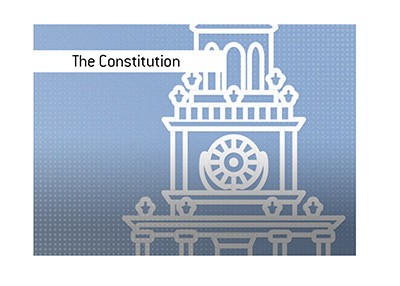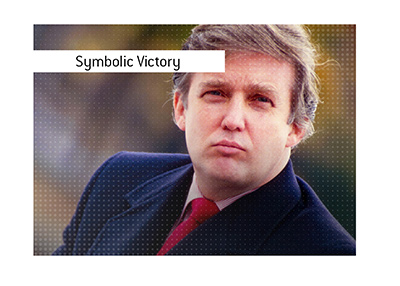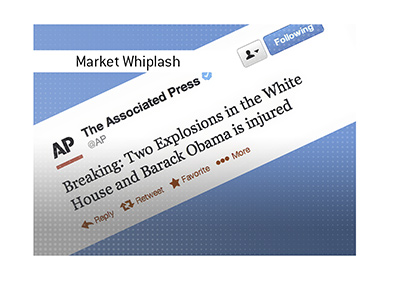The Presidential Self-Pardon is Untested
 According to reports, President Trump is set to unleash a torrent of pardons in the final days of his Presidency.
According to reports, President Trump is set to unleash a torrent of pardons in the final days of his Presidency. These pardons will likely include members of his inner circle, prominent celebrities and possibly members of his family.
There has always remained the possibility that President Trump could issue a "self-pardon" as well.
In fact, President Trump mused about the possibility on Twitter in 2018, stating that he had the "absolute right" to pardon himself.
-
According to reports, members of President Trump's inner circle are reportedly advising him against the "self-pardon".
The reason? It would make him look guilty of something.
The question is - CAN President Trump pardon himself?
The answer is absolutely, though the bigger question is whether or not it would hold up in court.
-
In 1974, the Department of Justice's Office of Legal Counsel issued a Memorandum Opinion to then Deputy Attorney General Mary Lawton.
In this Opinion, the DOJ stated that "Under the fundamental rule that no one may be a judge in his own case, it would seem that the question should be answered in the negative" as to whether or not a President should have the power to self-pardon.
This Opinion was issued on August 5th, 1974, in response to the events surrounding Watergate and the impeachment of President Nixon.
The thing is - this opinion was never put to the test, as Nixon announced his resignation on August 9th, 1974. Less than a month later, President Ford pardoned Nixon "for all offenses against the United States which he, Richard Nixon, has committed or may have committed or taken part in during the period from January 20, 1969 through August 9, 1974".
So, in short, the power of the President to self-pardon was never actually tested, as Nixon didn't pardon himself.
-
The opinion is the Justice Department is far from conclusive - it is just an opinion.
Legal scholars also have differing views on the matter, though most seem to think that a self-pardon would be unconstitutional.
Those on the other side say that the Constitution does not explicitly forbid self-pardons, therefore they should be allowed.
The question of a President's ability to self-pardon would have to be answered by the Supreme Court, and that hasn't happened as of yet.
The President maintains the power to pardon, and the President could certainly pardon themselves.
The question is - would the Supreme Court upheld a Presidential self-pardon? This is what we don't know.
Filed under: General Knowledge



